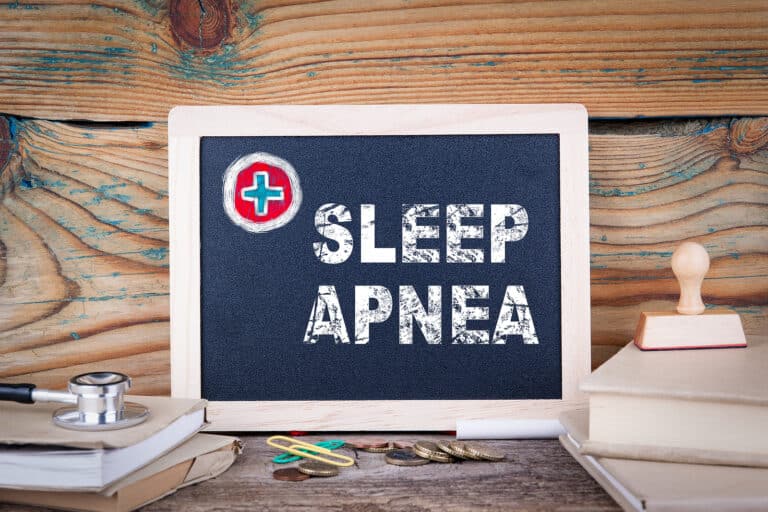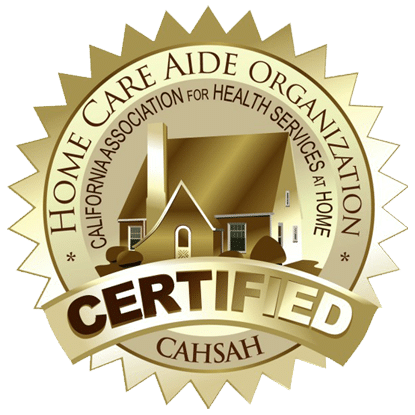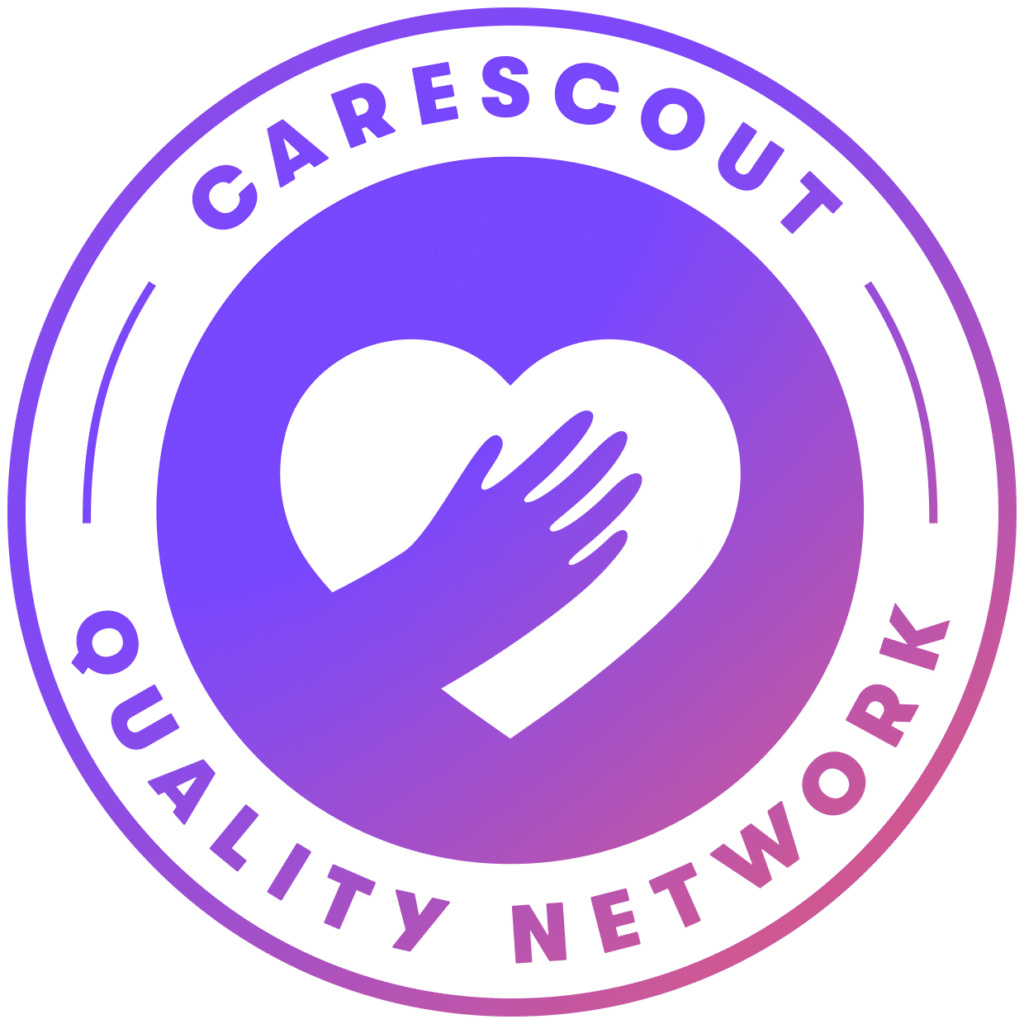Millions of people around the world, including many seniors, suffer from sleep apnea. Still, many seniors don’t know that this condition could be a threat to them. The truth is that it could have serious health effects as it causes their breathing to stop and start during sleep. It’s important for seniors to know more about this condition, and companion care at home can help.
What Is Sleep Apnea?
Sleep apnea occurs when the airway closes or collapses during sleep. It typically wakes seniors up several times during the night, making things worse. Unfortunately, since many seniors already struggle with getting a good night’s sleep, this is a major problem that needs to be addressed with the help of medical professionals, companion care at home caregivers, and family caregivers.
It’s important to note that there are two kinds of sleep apnea, both of which are explained below:
OSA-Sleep Apnea
OSA stands for Obstructive Sleep Apnea. It is the most common type and happens when the upper airway collapses or narrows during sleep. As mentioned above, this can interrupt breathing. The interruption can happen in two ways. The first one is a complete stop, called an apnea. The second way is a partial breathing reduction, called hypopnea. These episodes can last more than 10 seconds and occur at least five times per hour.
Central Sleep Apnea
Central sleep apnea also stops breathing but in a different manner. Essentially, breathing repeatedly stops and starts during sleep because the brain fails to send the right signals to the muscles that control breathing.
Signs and Symptoms of Sleep Apnea
Just like many other medical conditions, there are various signs that may point toward sleep apnea. Some of those include the following:
- Excess snoring
- Waking up with a headache
- Having trouble falling asleep (Insomnia)
- Too much sleep during the day (Hypersomnia)
- Difficulty focusing
Often, people will not know they have these symptoms because most of them happen when they are asleep. Companion care at home caregivers can help observe these symptoms or behavior when a senior naps or sleeps.
Health Risks Related to Sleep Apnea
Obviously, stopping breathing during the night is one health risk, but there are also other issues that can occur, such as the following:
- Heart and Arterial Problems: High blood pressure, heart attacks, strokes, and atrial fibrillation are all linked to sleep apnea. Stopping and starting to breathe over and over again can put stress on the heart and lungs, which raises the risk of these conditions.
- Cognitive Issues: Sleep apnea can affect brain functions, making it harder to focus on or remember certain things. This might lead to an increased chance of dementia or Alzheimer’s disease.
- Diabetes: Insulin resistance, which can lead to type 2 diabetes, is strongly connected to sleep apnea, which means that managing sleep apnea is crucial. With proper management, the risk of getting diabetes is reduced.
- Mood Swings: Not getting enough sleep can cause anyone to have mood swings. For seniors, it might also lead to depression, worry, and irritability, which has a big effect on their mental health. Having companion care at home can help seniors with regular visits to combat loneliness and depression.
Treating Sleep Apnea
To manage sleep apnea, it is important to get the right diagnosis and treatment. Once sleep apnea is confirmed, they will likely start CPAP or continuous positive airway pressure therapy. For CPAP treatment, a mask is worn that provides constant air pressure and keeps the airway open while they sleep.
However, some may find this treatment uncomfortable. In that situation, there are devices that can be placed in the mouth that keep the airway open.
Sleep apnea is a dangerous situation that can have a big effect on the health and well-being of seniors. The good news is that with the support of companion care at home providers and loved ones, they can learn more about the condition and feel comfortable talking with their medical team to get a correct diagnosis.
If you or an aging loved one are considering Companion Care at Home in Del Mar, CA, please contact the caring staff at A Caring Touch Home Care today. Call (619) 344-0528
A Caring Touch Home Care is a Trusted Home Care Agency providing exceptional home care in Coronado, Del Mar/Del Mar Heights, Bonita, East Lake, La Jolla, Torrey Pines, Mt. Helix/La Mesa, Carlsbad, Oceanside, Carmel Ranch, Rancho Penasquitos, Point Loma, Rancho Santa Fe, San Diego and surrounding areas.
Sources:
- https://www.ncoa.org/article/sleep-apnea-in-older-adults-diagnosis-and-treatment-options
- https://www.sleepcareonline.com/articles/sleep-apnea-in-the-elderly/
- How Do Poor Eating Habits Affect Senior Health? - April 7, 2025
- A Night of Powerful Storytelling: San Diego Latino Film Festival & “Arranca” - March 27, 2025
- The Importance of Consistency When It Comes to Eating - March 24, 2025







